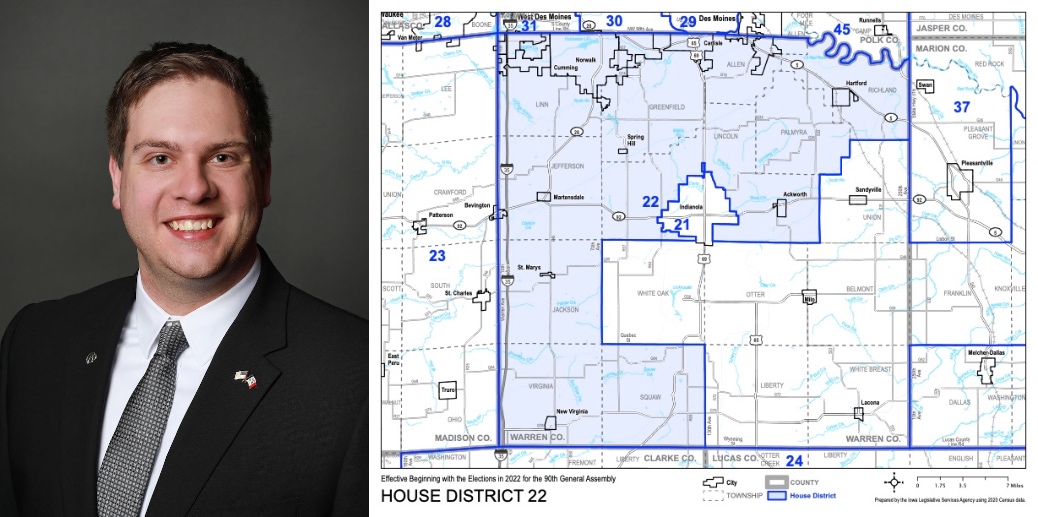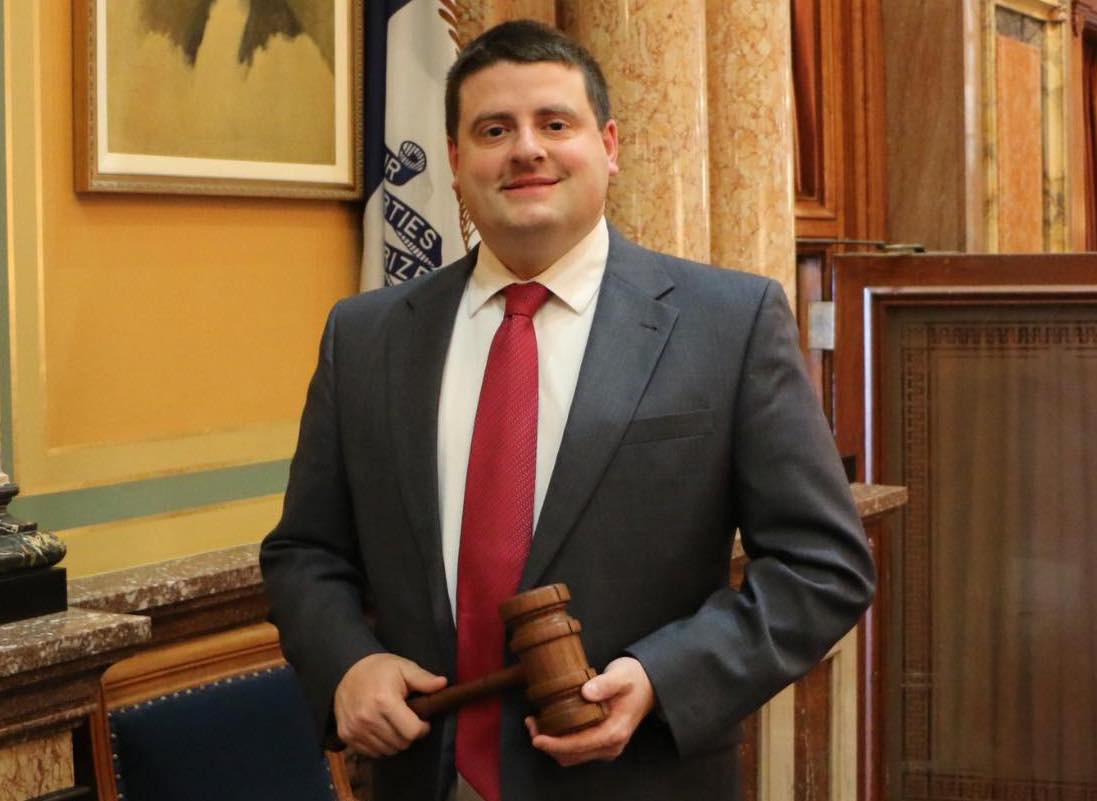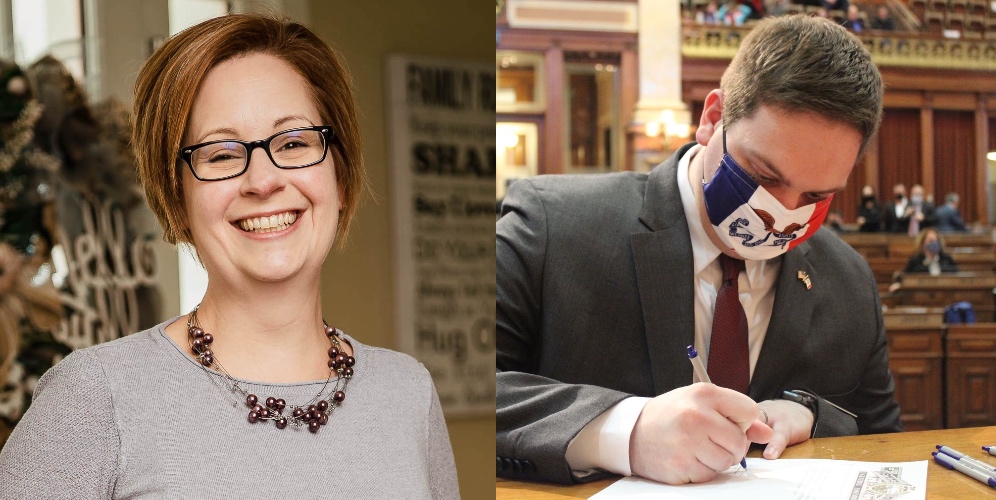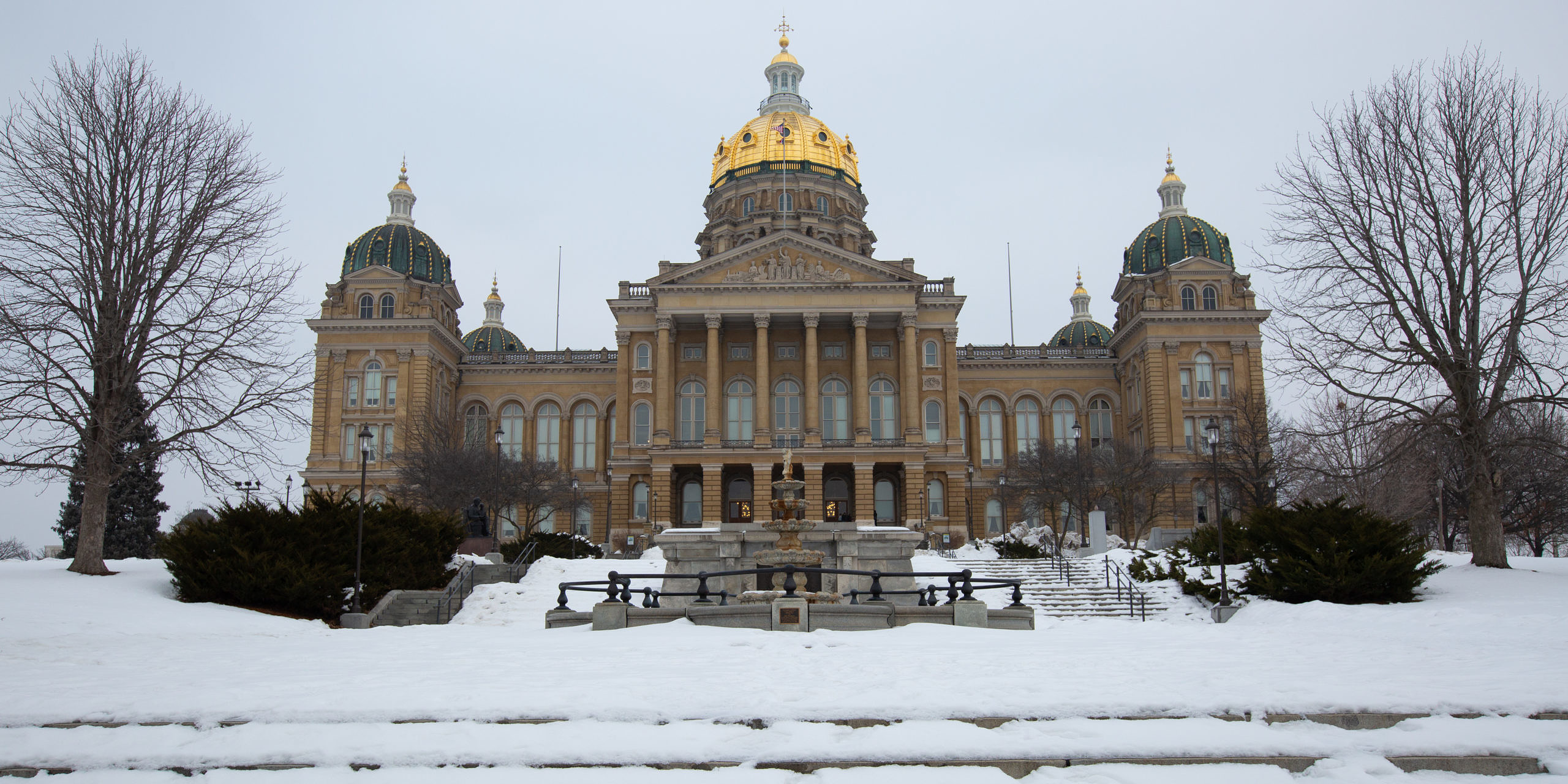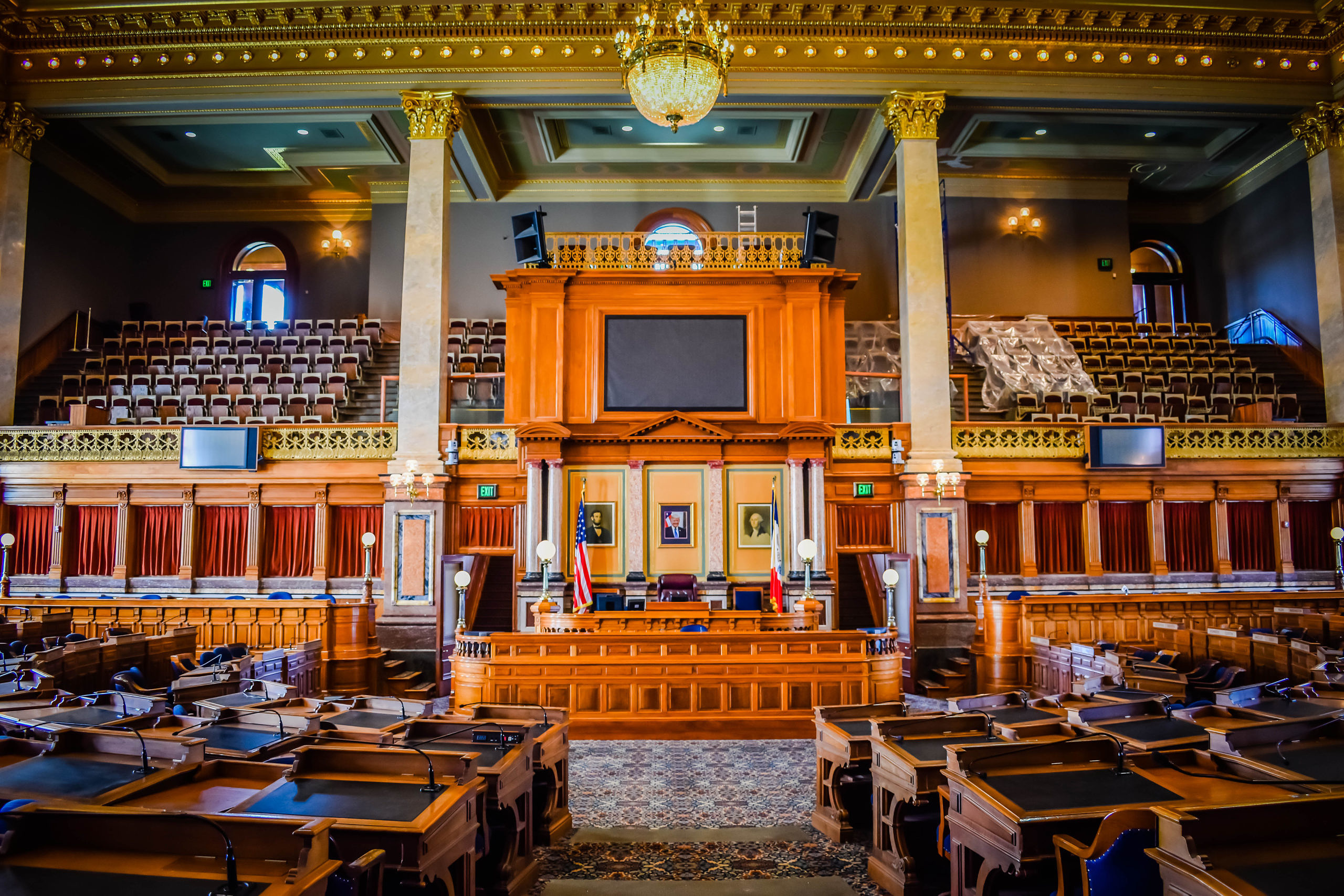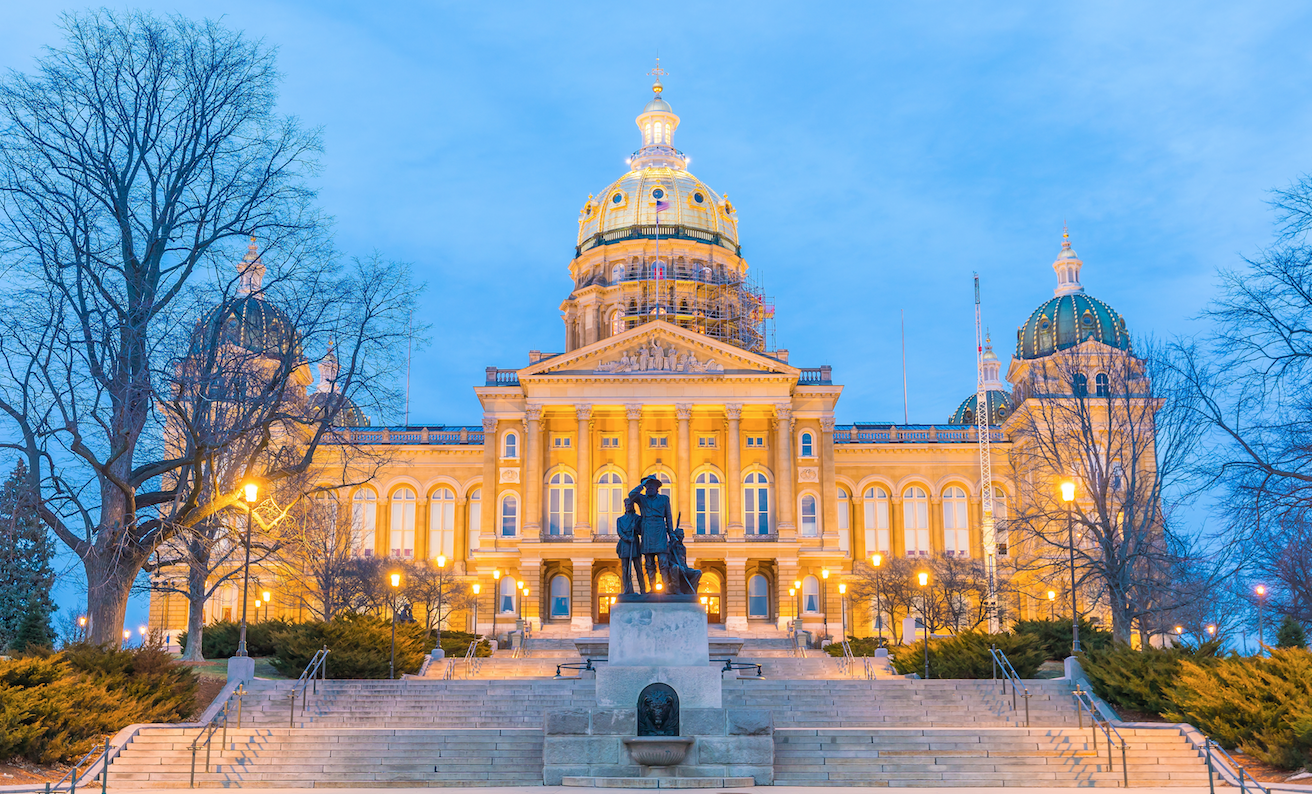Education is shaping up to be a defining issue in an open-seat race for a strongly Republican Iowa House district.
State Representative Stan Gustafson, who currently represents House district 22, is planning to retire at the end of his current term. Samantha Fett, a former Carlisle school board member and chapter leader of Moms for Liberty, announced last month that she will seek the Republican nomination. Fett has spoken at several Iowa House or Senate meetings during the past two years, urging lawmakers to approve various education-related or anti-LGBTQ bills.
Garrett Gobble announced his candidacy for the same district in a September 8 Facebook post. He previously represented part of Ankeny in the Iowa House for one term. A recent guest commentary for the Des Moines Register indicated that Gobble hopes Governor Kim Reynolds and groups focused on school policies will stay out of his upcoming race.
Continue Reading...

